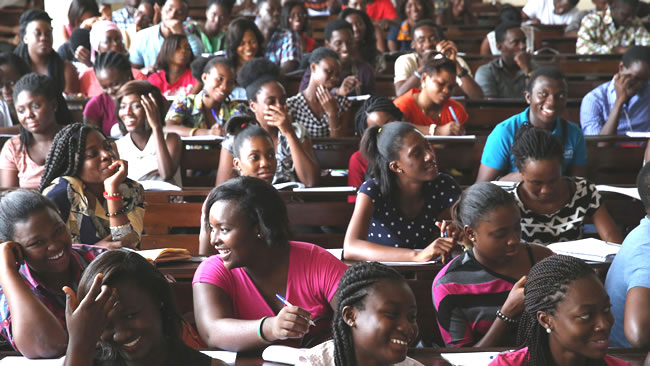By Gbeminiyi
As Nigerian students return to campus after the holiday break, January brings fresh academic and financial challenges. Settling into new classes, managing limited budgets, and keeping up with studies proves difficult for many students.
With the cost of living going up, limited financial help, and stress from schoolwork, students use different strategies to afford things and stay motivated after the holiday break.
We interviewed different students across Nigeria to share their experiences. Even though January isn’t always the start of a new semester, it still requires big adjustments for students trying to succeed in the new year.
Bracing for New Expenses
At the start of each semester, students face significant costs for tuition, books, supplies, and other fees. With limited family support or access to loans, many take up side jobs or small businesses to afford their education.
“My main sources of income is my plantain chips business,” said an English student at a federal university. “I also receive money from my family once in a while.”
Part-time work helps some cover their needs, though jobs can be scarce. “Getting a job is better for students to cope with the plenty expenses in school,” explained a pharmacy student.
For most, family assists when possible. But parents often struggle themselves. “Yes I receive money from my family once in a while,” another student confirmed. Without sufficient aid, the financial strain is really tough.
Managing Finances and Coping with Studies
January’s expenses compound the constant pressure students face affording their schooling and living costs. Most make sacrifices and alterations to get by on limited budgets.
“In school you must have sense, I don’t spend anyhow,” an engineering student revealed. “Person have to manage what he has.”
Saving money becomes critical. “I cook. It’s advisable to cook to cut expenses,” a nursing student explained. Students skip luxuries and find ways to conserve their funds.
Dealing with Rising Costs of Living
Like most Nigerians, students feel the suffering of the country’s inflation. Price hikes on essentials like food, rent, and transportation have exacerbated the financial squeeze students face.
“January is the same like other months,” an engineering student explained, “but Nigeria now is really hard to cope with. For my university now, the transport has increased even our school fees.”
Students across Nigeria’s campuses bear the weight of increasing costs for basic necessities. An agriculture student despaired, “Thise economy is not for the weak. You have to prepare yourself mentally and financially.”
Coping with Daily Hardships
Alongside tuition and fees, students endure frequent challenges and inconveniences as they pursue their studies. Issues like unreliable electricity, flooding, transportation breakdowns, and safety risks hinder their progress.
” Now “I have to wake up as early as 5:30 so I can boil water to bath, because of the cold,” a law student describeddifficulties in bathing without electricity.
Seeking Progress Despite the Odds
While being a student in Nigeria brings many difficulties, many students stay dedicated to their studies and future careers.
“The holiday break is not too long, so it’s not too hard to get back into it,” a private university law student said, showing students’ determination.
Through personal toughness, Nigeria’s students can achieve their academic dreams and build a fairer society. Supporting students helps ensure the country’s future.







